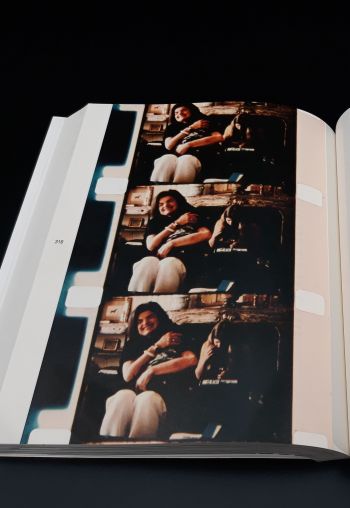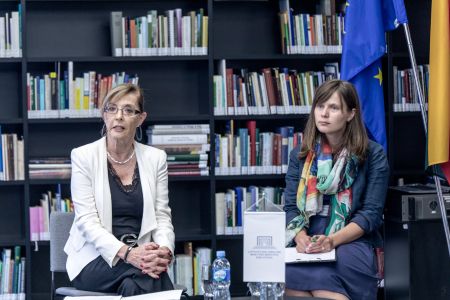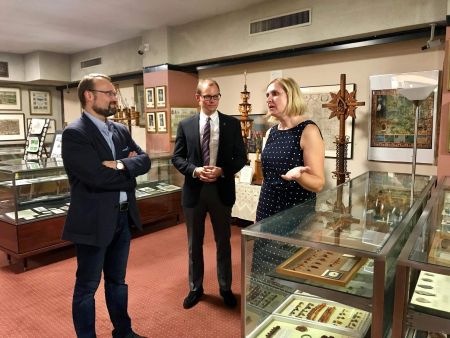
Jonas Mekas:
Jackie Kennedy was one of the most special women I was privileged to know in my life. I do not mean her position in society: I mean her intelligence, a very special intelligence with a deep sensitivity, and her elegance, her style, her generosity, her simple, straight, magic human quality. I could go on and on.
[…]
This event took place the very first time I visited Jackie in her Fifth Avenue home. Somehow the talk turned to John F. Kennedy and movies. “You know,” Jackie said, “just a few months before he died somebody gave him as a present a little 8mm movie camera. He always carried it in the pocket of his raincoat. You know, as I am thinking now, it must still be there.
She went to the closet and found a beige raincoat and there it was! In the raincoat pocket there was a small 8mm movie camera! She brought it to me. I regret I do not remember now the brand of the camera.
“He did some filming. But he never finished the roll. It’s still in the camera,” she said.
She put the camera back into the pocket of the raincoat.[1]
[1]A dance with Fred Astaire / Jonas Mekas ; [edited by Johan Kugelberg, Jonas Mekas, and Sebastian Mekas]. – New York : Anthology Editions, 2017, p. 319

